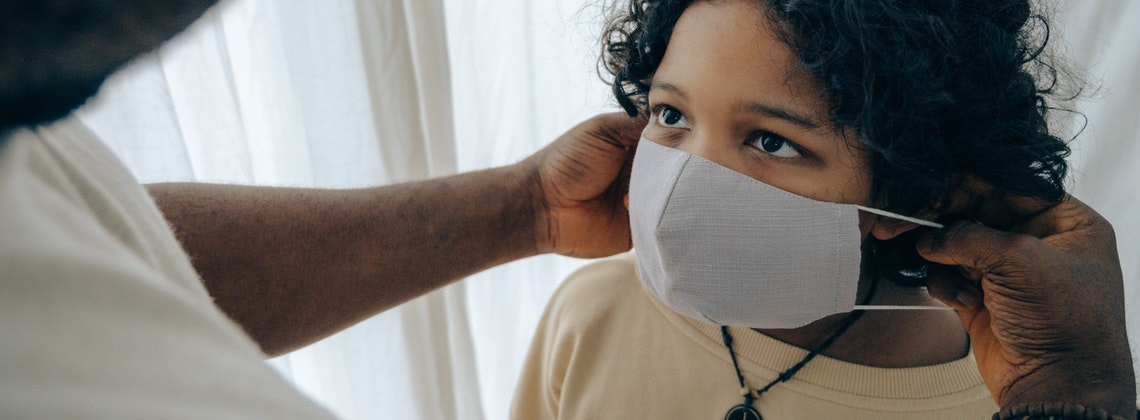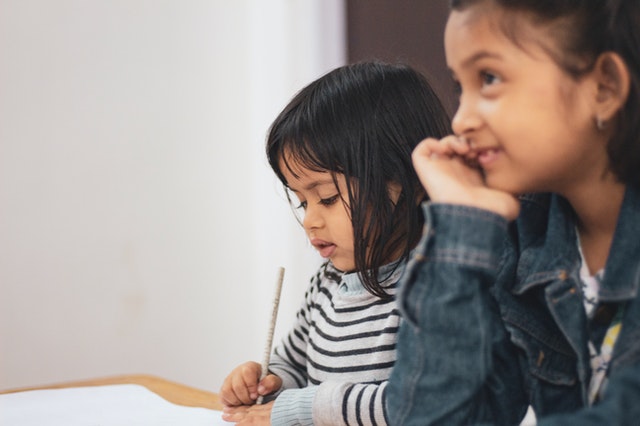

Currently, health is at the forefront of all our minds as the coronavirus pandemic occupies a huge space in the public consciousness.
Understandably, many teachers are concerned about the wellbeing of their pupils, as well as the effect on their progress, and it isn’t always easy to find EAL-specific resources for home learning. It’s also difficult to support pupils when you can’t see them, especially when there are language barriers, and non-verbal communication cues that you would usually rely on are reduced.
Bilingualism & Mental Health
The benefits of bilingualism on mental health are well-documented, so although we may be worried about pupils losing progress in English learning, supporting home language development is likely to have a positive impact in the future. Supporting EAL pupils’ ability to express themselves in their home language as well as English is vital, as the ability to identify and express your emotions is linked to better health outcomes and greater academic success.
Cultural Perceptions
Differing cultural perceptions can have an impact on how we communicate about physical and mental health. In many cultures, mental and physical health are viewed much more holistically than in the west, where they are often separated. Physical complaints may actually be an expression of mental distress, so try to be aware of this in order to direct people to appropriate services.

Young Carers
There is often stigma related to discussions of mental health which can have an impact on the support we provide for children and young people. Young Carers are notoriously under-identified and are twice as likely to be EAL. In some communities, it is traditional for younger family members to take care of grandparents or siblings and the concept of ‘carer’ doesn’t really exist independently of family roles. Some families may be held back from asking for support due to fear of social services.
Understanding backgrounds
The Roma community are extremely distrusting of authorities due to a long history of discrimination and persecution against them. Discrimination against Roma is an issue within education systems in Central and Eastern Europe, and many pupils may have had very negative educational experiences in the past. We should try to understand how these can have an impact on pupils’ self-esteem and attitude toward learning. One way to support EAL pupils’ mental health is to raise confidence and self-esteem by nurturing the EAL pupil voice. Guide pupils through planning and delivering an assembly, encourage them to take on roles of responsibility and nurture their range of skills.
As the RSE and Health curriculum becomes compulsory from September, try to consider EAL pupils’ needs and ensure you source or adapt resources that are appropriate for their language level. Bear in mind cultural differences and potential safeguarding triggers. Parents should be consulted on policies, so try to ensure that EAL parents are included in these discussions. Government guidance for parents is available in Arabic, Somali, and Urdu.
Watch the full webinar recording here

